
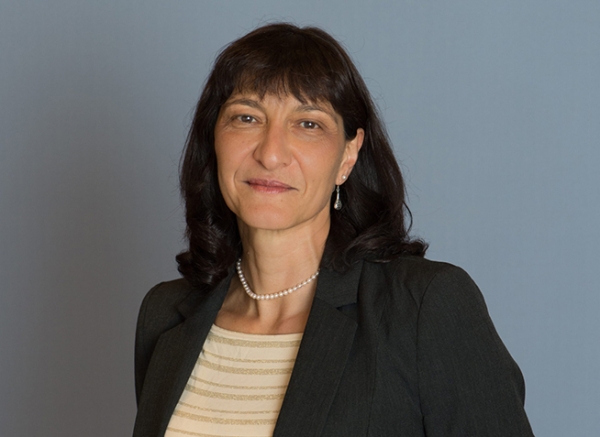
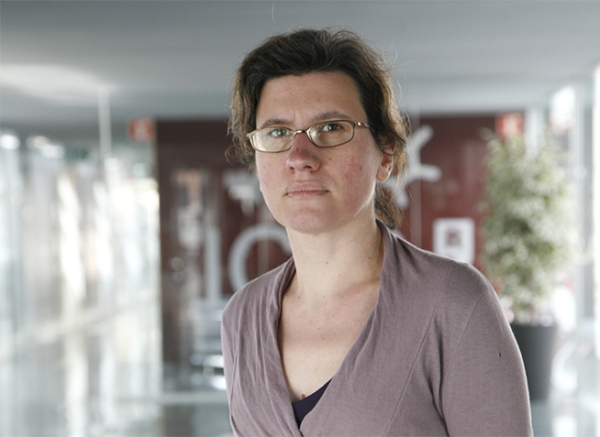
Núria López obtained her BSC Chemistry (1995) and her Ph.D. degree in Theoretical Chemistry at the University of Barcelona, Spain (1999). Then she joined the Center for Atomic-scale Materials Physics led by Prof. Jens K. Nørskov (Denmark) as post-doctoral researcher. In 2005 she started her independent career at ICIQ. Her research group focuses on the study heterogeneous photo-electro-catalysis from a theoretical standpoint. In 2010 she was awarded an ERC Starting Grant (2010) and then a ERC Proof-of-concept (2015) by the European Research Council. She was awarded a “Prize for Excellence” by the Real Sociedad Española de Química in 2015 and participated in the consortium that won the RSC’s 2022 John Jeyes Award for sustainability. She has collaborated with several industries in Europe to leverage atomistic modelling, participated in more than 10 EU projects, and served in several committees in the European Union, including the most important supercomputing initiatives in Europe (being Chair of PRACE‘s Steering Committee and INFRAG (EuroHPC-JU)).

Dominic Bresser is currently serving as professor at Ulm University and principal investigator at the Helmholtz Institute Ulm (HIU), which is associated with the Karlsruhe Institute of Technology (KIT), Germany. His research focuses on the development of advanced lithium and sodium batteries, covering polymer, hybrid and liquid electrolyte systems, new and optimized organic and inorganic electrode materials, sustainable processing strategies, as well as alternative current collectors and binders. In addition to his role at KIT-HIU, he is serving as editor-in-chief for the Journal of Power Sources Advances (Elsevier). Amongst others, he has been awarded with the Carus Medal for his scientific achievements by the German National Academy of Sciences Leopoldina, the Carus Award by the city of Schweinfurt, Germany, and an ERC Starting Grant by the European Research Council.

Antoni (Toni) Forner-Cuenca studied Chemical Engineering at the University of Alicante in Spain. During his education, Toni performed research at the University of Kentucky, Center for Applied Energy Research, and SABIC Innovative Plastics. In 2013, Toni moved to Zurich for his PhD. At the Paul Scherrer Institute and ETH Zurich, Toni pioneered the development of gas diffusion layers with patterned wettability for polymer electrolyte fuel cells. Toni obtained his PhD in late 2016 and his work was recognized with the ETH Zurich Medal for outstanding PhD thesis, and the Electrochemical Society Energy Technology Graduate Student Award. Between 2017-2018, Toni was a postdoctoral researcher at the Massachusetts Institute of Technology (MIT) in the Department of Chemical Engineering. At MIT, Toni worked on advancing the science and engineering of redox flow batteries for large-scale energy storage. From 2019, Toni started his independent academic career as Assistant Professor at Eindhoven University of Technology (TU/e) in the Department of Chemical Engineering and Chemistry. Toni established and leads the Electrochemical Materials and Systems group, and was promoted to Associate Professor in 2023. He has been awarded a number of awards to perform blue sky research including the NWO Veni, Vidi and ERC Starting Grant, among others.
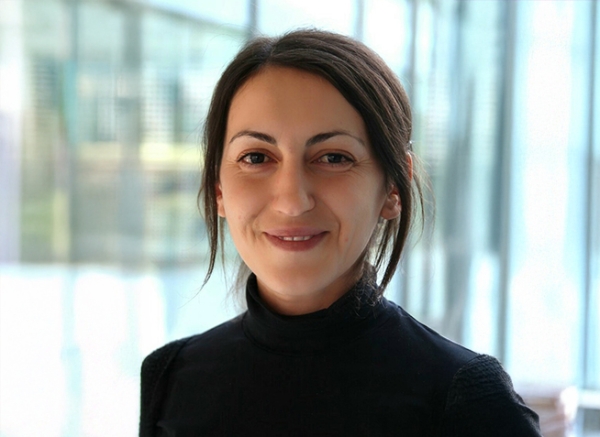
Ivana Hasa is Associate Professor of Electrochemical Materials at WMG, University of Warwick (UK). She earned her PhD in 2015 from Sapienza University of Rome (Italy), focusing on design and characterization of sodium-ion battery materials. She then gained extensive experience in electrochemical energy storage through postdoctoral roles at Lawrence Berkeley National Laboratory (USA) and Helmholtz Institute Ulm (Germany) before joining WMG in 2020 as Assistant Professor.
Her research activities are directed toward the understanding of the processes governing the chemistry of sodium-ion batteries. Design and synthesis of advanced functional materials and the understanding of their physical properties and electrochemical behaviour are the core of her research interest. At the Energy Innovation Centre, she is working toward the development and scale up of new battery chemistries from concept to full proven cell prototypes with a focus on manufacturing/performance relationship. Ivana serves as technical advisor for the “New and Emerging battery technologies” working group of Batteries Europe/BEPA. She is a Fellow of the Higher Education Academy and Academic Lead for the WMG-Faraday Institution Battery School.
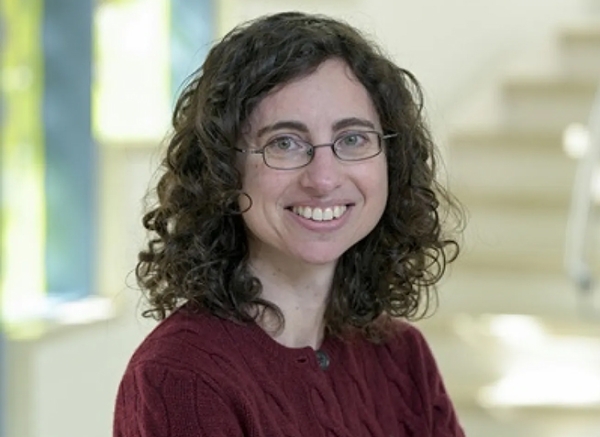
Nuria Garcia-Araez did her PhD at the University of Alicante (Spain), and then she worked as a postdoc researcher at Leiden University and AMOLF (the Netherlands) and as a senior scientist at the Paul Scherrer Institute (Switzerland). She then took a faculty position at the University of Southampton (UK), where she is currently full professor. She has received nine academic prizes, including the Best Spanish Young Electrochemist award by CIDETEC in 2013, and four competitive fellowships, including a prestigious Early Career Researcher Fellowship by the EPSRC in 2016.
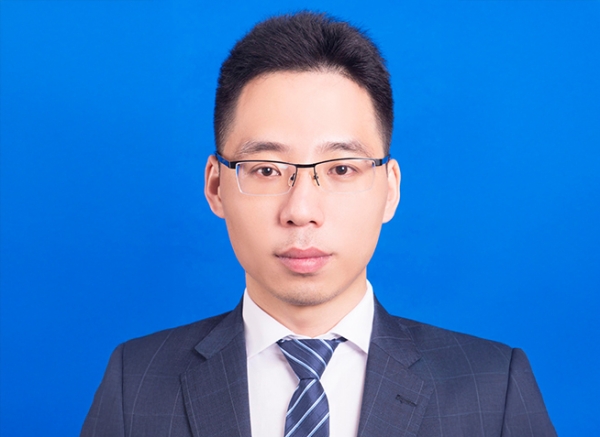
Dr. Heng Zhang received his PhD degree in Chemistry from Huazhong University of Science and Technology (HUST, China). He joined CIC EnergiGUNE as a Post Doc Researcher (2016–2017) and later acted as the Research Line Manager of Polymer Electrolyte at CIC EnergiGUNE (2018–2020). Currently, he is a Full Professor of Chemistry Department at HUST (2020–). His research interests focus on safe electrolyte materials, particularly ionic liquid electrolytes and solid polymer electrolytes, for rechargeable batteries.
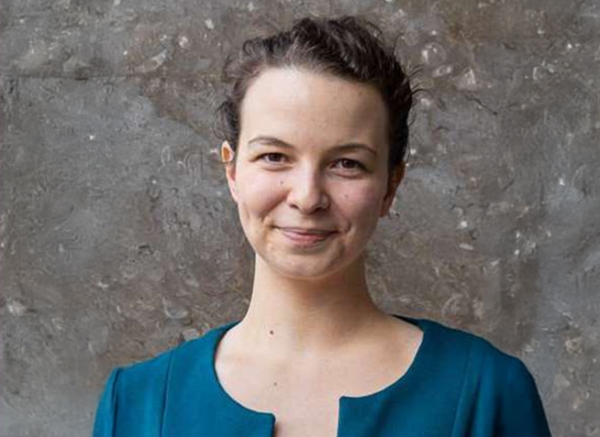
Sara Drvarič Talian works at the National Institute of Chemistry in Slovenia. Her research interests are in determining the electrochemical mechanisms of operation of energy storage materials and she has expertise in the field of electrochemistry, impedance spectroscopy measurements and the use of novel operando characterization techniques. She has worked with lithium-sulfur and magnesium-sulfur batteries, lithium-ion batteries and more generally with lithium metal and magnesium metal battery systems. She is the leader of the youth section of the Slovenian Chemical Society and has been awarded multiple prestigious awards for her doctoral dissertation.
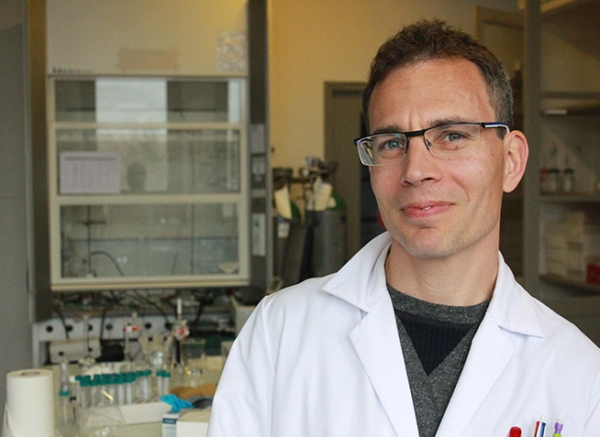
Dr. Maillard is a leading researcher in electrochemistry, focusing on electrocatalysis, materials science, and energy conversion. His work explores oxygen reduction and evolution reactions, as well as the degradation mechanisms of electrocatalysts in PEMFC/AEMFC and PEMWE/AEMWE systems. Since 2018, he has been a Director of Research at CNRS, following a research career at CNRS since 2005. He holds a Ph.D. from the University of Poitiers (2002) and completed a postdoctoral fellowship at Technische Universität München. With 147 peer-reviewed publications, over 9,900 citations (h-index 59), and multiple scientific awards, he has significantly contributed to the field.
In addition to research, Dr. Maillard teaches electrochemistry at the Phelma School of Engineering and leads the "Water Electrolysis" training at Grenoble INP. He is an active member of major scientific societies and serves on the editorial board of Electrocatalysis (Springer). His collaborations extend to institutions such as Imperial College London and the Paul Scherrer Institute, as well as industrial partners like Symbio and Michelin, bridging fundamental research with practical applications in sustainable energy.
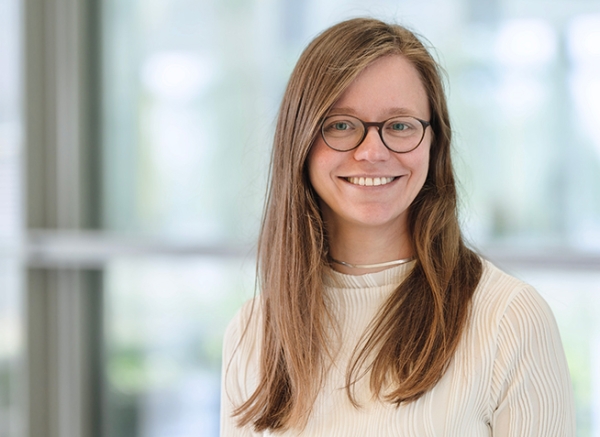
Anja Bielefeld leads a junior research group at the Center for Materials Research at Justus-Liebig University Giessen (JLU), Germany. She also currently holds a replacement professorship at the Institute for Environmental and Sustainable Chemistry at Technical University Braunschweig (TU BS).
Her group works on experimental and application-oriented modeling of electrochemical systems, bridging the gap between theoretical and experimental aspects. A particular emphasis is put on microstructure effects in solid-state batteries.
Anja has a background in physics from TU BS, and spent part of her master’s studies at the University of Oslo. She completed her Ph.D. at JLU specializing in solid-state battery composite cathodes and gained expertise in automotive battery research and concept development at Volkswagen AG.
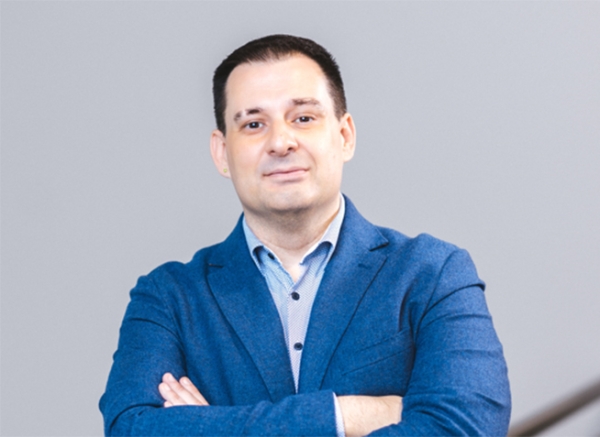
Prof. Alexander Shaplov received his PhD in polymer chemistry (2005), Associate Professor (2010) and Doctor of Science degrees (Dr. habil., HDR) in macromolecular chemistry (2014) from A.N. Nesmeyanov Institute of Organoelement Compounds Russian academy of sciences (INEOS RAS). Since 2008 he started to develop his own research activities as he was able to perform short edge-cutting research stays abroad. As such, he made postdoc (2006-07) with Prof. Buchmeiser at Leibniz-Institut für Oberflächenmodifizierung (Germany) and then was invited associate professor (2008-2014) at Université de Cergy-Pontoise (France), invited scientist (2010-2012) at Ecole Polytechnique Fédérale de Lausanne (Switzerland), visiting professor (2015) at POLYMAT (Spain) and at Université Claude Bernard Lyon 1 (2016, France). Each stay was accompanied by synthesis of novel polymers and new types of their application, thus broadening his research experience. He has received prestigious awards: Academia Europaea’s Award (2007) and S.V. Lebedev’s Award (2013). Since 2017 he moved to Luxembourg Institute of Science and Technology (LIST), where he is holding the position of Research & Technology Associate (2017), Senior R&T Associate (2020) and from 2024 – Principal R&T Scientist. In 2017 he received full rights to supervise PhD students from University of Luxembourg. During 24 years, he was focusing his research interests in the field of polymer synthesis and polymer materials preparation. He has contributed a lot to the development of new trends in polymer chemistry associated with the use of ionic liquids (ILs) in synthesis and modification of polymers. Further on he transferred his knowledge of ILs towards synthesis of >50 novel functional ionic monomers and innovative polyelectrolytes, that were applied in all-polymer-based fast switching electrochromic devices, high safety all-solid-state Li batteries, artificial muscles, solar cells and supercapacitors.
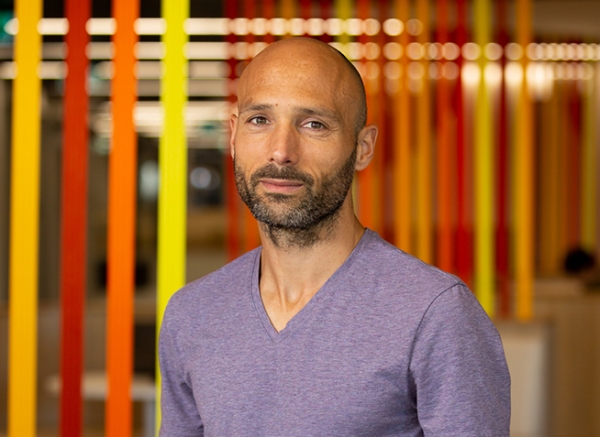
Dr. Claudio Cazorla earned his Ph.D. in Computational Physics from the Universitat Politècnica de Catalunya (Barcelona, Spain) in 2006. From 2006 to 2010, he worked as a postdoctoral researcher in the Department of Physics & Astronomy at University College London (United Kingdom). In 2010, he joined the Institute of Materials Science of Barcelona (Spain) as a JAE-DOC Research Fellow.
In 2014, Dr. Cazorla was awarded an ARC Future Fellowship at the School of Materials Science and Engineering, UNSW Sydney (Australia), where he worked as a Senior Lecturer until 2020. In 2019, he received a prestigious Ramón y Cajal Research Fellowship from the Spanish government and returned to his alma mater institution. He is currently an Associate Professor in the Department of Physics at the Universitat Politècnica de Catalunya.
Dr. Cazorla´s research focuses on the theoretical and computational study of multifunctional materials for energy applications, including solid-state electrolytes, photovoltaic cells, solid-state refrigeration, and photocatalysis. He has published over 180 articles in peer-reviewed journals and serves as a Divisional Associate Editor for Physical Review Letters (Condensed Matter division) at the American Physical Society.

If you want to know the latest trends in energy storage and new developments in research, subscribe.

If you want to join a top-level team, collaborate with specialists in multiple disciplines or tell us about your concerns, don't think twice...